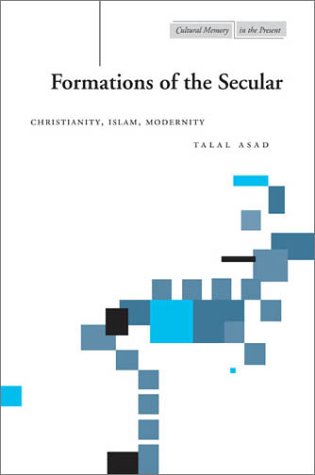Chapter 1: What is hermeneutics? According to Zimmermann, a simple answer to the question is that "it means interpretation" (p.1). "Interpretation occurs in many fields of study and also day-to-day life. We interpret plays, novels, abstract art, music and movies, employment contracts, the law, the Bible, the Quran, and other sacred texts; but we also... Continue Reading →
Liberal Democracies’ Indifference to Cultural Difference
In his writing The Cultural Limits of Legal Tolerance, Benjamin L. Berger examines the idea of multiculturalism and pluralism in the context of Canadian law. Although, like most other liberal democracies, there is a claim of ideas of religious pluralism, religious freedom, and multiculturalism being inherent in the democratic identity of Canada; the law’s approach... Continue Reading →
Enlightenment, the Rediscovery of Rationality?
A common way of describing the Enlightenment period centers around the discourse of “rationalization”. It is assumed that it is by abolishing the orders of the Church that the individuals empowered themselves via exercising their reason and purging the bigotry that was accumulated throughout the Dark Ages of Europe. For such reasons, when one speaks... Continue Reading →
A Critique of Mill’s Harm Principle
If we ask the question “How would a society’s happiness be maximized?”, John Stuart Mill, an advocate of utilitarianism, would answer “by defending personal freedom of the individuals”. In fact, his commitment to following a utilitarian approach to forming an ideal society is the reason for his attempts of defending individual liberty in his book... Continue Reading →
Formations of the Secular / Talal Asad
In this eye-opening book of Talal Asad, a genealogy of secularism and secular concepts are made. Asad first asks questions such as "what might an Anthropology of Secularism look like?". then digs deeper into concepts such as agency, pain, cruelty and torture. He digs into these concepts in a way that his words unearth the... Continue Reading →
Sufism, a solution to tolerance?
Kudsi Erguner writes in his book Journeys of a Sufi Musician, about the relationship of a person to their own nature. And I believe that his piece of writing is a great example of how the Sufi perspective could cleanse fundamentalism not only in Islam but in other religious as well, as it guides one... Continue Reading →





